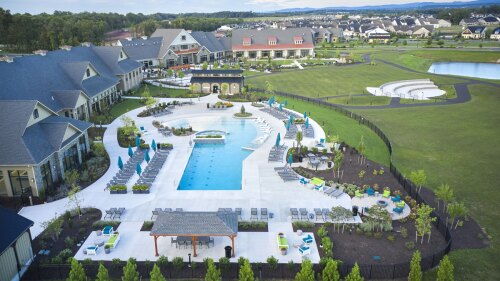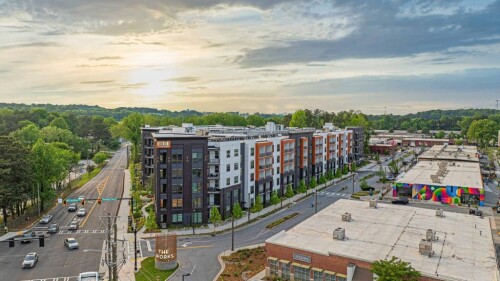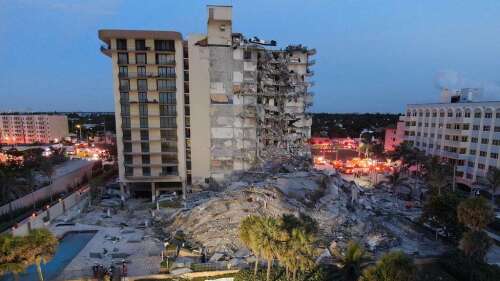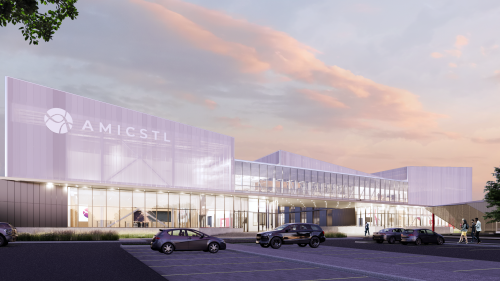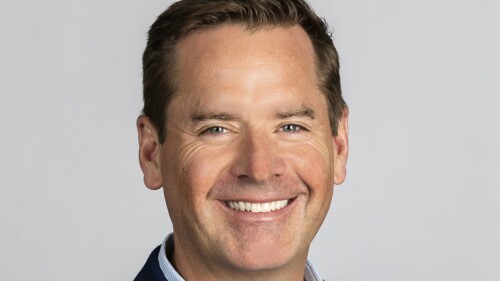Multifamily
As the Fed began a series of rate hikes in 2022, the apartment market went from one of frenzied growth and optimism to a market characterized by decline, be it declining sales volume, declining occupancy, or declining values. As we near year’s end, stability and even positive momentum have begun to take hold, and there is good reason to expect them to carry into 2025 with the return of large, open-ended funds and an improved debt environment.
The U.S. multifamily market was on fire in 2021 and 2022, a time when rent growth hit record highs due to soaring demand. But the market has since come back down to Earth as fundamentals stabilized. Now, amid ongoing high interest rates, heightened deliveries of supply, and deceleration of job growth, many multifamily investors are exploring different strategies to diversify their portfolios, add revenue, take advantage of opportunities, and maintain a competitive edge.
Surge: Coastal Resilience and Real Estate, a ULI research report, documents the challenges associated with coastal hazards such as sea level rise, coastal storms, flooding, erosion, and subsidence, and provides best practices for real estate and land use professionals, as well as public officials, to address them.
Northern Mexico has experienced a significant expansion in the Mexican industrial real estate sector since its major decline from the late 1990s to the early 2000s, due, in part, to low-cost production in China. During the pandemic, that trend began to shift.
Amblebrook, an innovative retirement community in the historic setting of Gettysburg, Pennsylvania, was specifically designed to remedy this social disease. It shatters the mold of the conventional 55-plus community.
Spanning 80 acres (32.4 ha) and 1 million square feet (93,000 sq m) of industrial space, The Works is located off Chattahoochee Avenue, a once-quiet industrial corridor on the west side of Atlanta. This pocket of the city—now known as the Upper Westside with a new CID to prove it—has seen explosive growth since plans for The Works were announced in 2017.
A one-two punch is hitting condo owners and associations in Florida, forcing some to sell to cash buyers at massive discounts or risk foreclosure. The setback could have national implications.
St. Louis, long known as the Gateway to the West, is rapidly becoming the gateway to the region’s future. Diverse communities have begun working together to make the city a major hub for cutting-edge innovations in aerospace, agriculture, finance, transportation, biosciences, entertainment, and much more. The St. Louis Economic Development Partnership is dedicated to finding economic development partners who can help companies thrive in greater St. Louis, regardless of their size, and at the same time help those companies to deliver new opportunities into under resourced neighborhoods.
The opportunities presented by artificial intelligence (AI) today seem unlimited. During the early innings of this exciting new technology, the phrases generative AI and machine learning are often being used interchangeably. In the multifamily industry, practical applications of AI are primarily based on machine learning, a subset of AI that uses algorithms to learn automatically from big data to identify patterns and make intelligent predictions.
Under the leadership of Chief Investment Officer Wes Fuller, Greystar, a vertically integrated real estate firm that owns, operates, and develops multifamily, student, and senior housing, began investing in international markets in 2013, including in Europe, Asia, and South America. The company’s robust institutional investment management platform now has a global presence in 249 markets.





